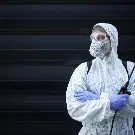
Introduction
Pest control isn't just about maintaining the aesthetic appeal of your home; it's a crucial safeguard for your health, property, and the surrounding ecosystem. In places where the climate can foster a diverse range of pests—from termites that silently gnaw at your home's foundations to mosquitoes that can carry debilitating diseases—effective pest management is not just advisable; it's essential.
Did you know that termites alone cause millions of dollars in damage annually, affecting around one in four homes? This staggering statistic highlights the silent crisis many homeowners face, making proactive pest control not a luxury but a necessity. Pests, whether they creep, crawl, or fly, can have profound impacts on our health and well-being. They are not only a nuisance but also carriers of complex health risks, transmitting diseases such as dengue fever and causing allergic reactions that can severely impact life quality.
Moreover, the environmental impact of unchecked pest populations can be devastating, disrupting local biodiversity and leading to long-term ecological damage. Integrating effective pest management strategies not only protects your property but also contributes to a healthier, more sustainable environment. Understanding the full scope of these impacts is the first step towards recognizing the importance of pest control services in maintaining the safety and integrity of our living spaces. Let's explore how regular, professional pest control measures can secure your home against these hidden threats and ensure a safe, pest-free environment.
Understanding Pest Control and Its Necessity
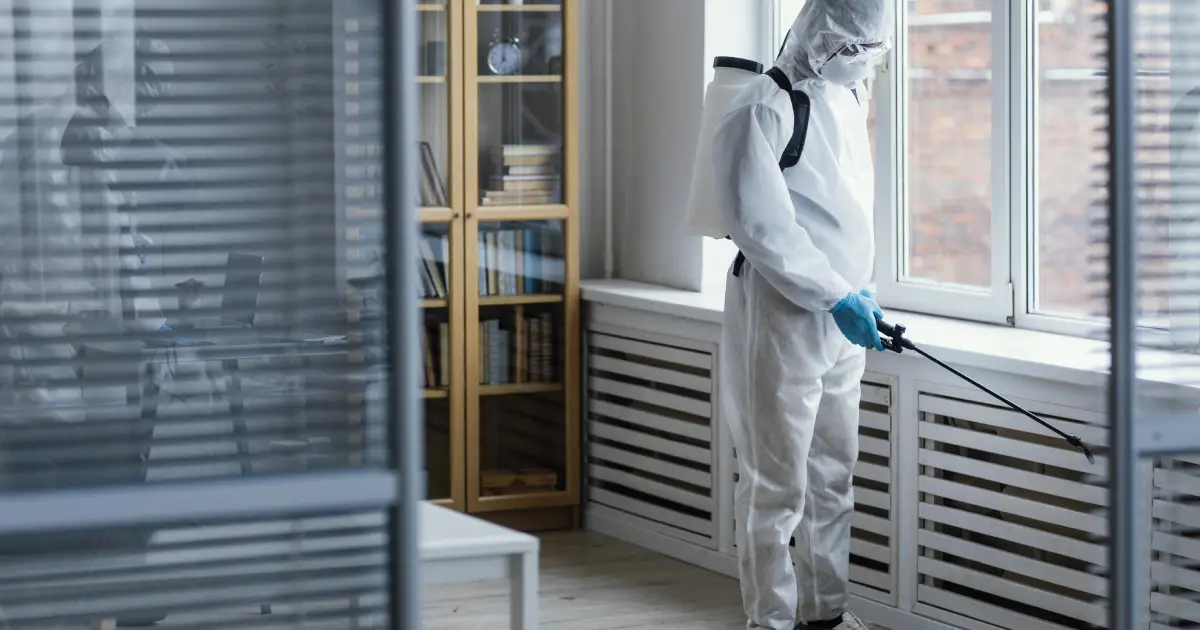
What is Pest Control?
Pest control involves managing and eliminating pests that can negatively impact human activities, health, and the environment. The primary objective of pest control is not merely to eradicate pests but to maintain a balanced, safe living and working environment. This practice is crucial in safeguarding homes, businesses, and public spaces from the detrimental effects pests can have on our health, structures, and the natural world around us.
The Effectiveness of Integrated Pest Management (IPM)
Integrated Pest Management, or IPM, represents a holistic approach to pest control that emphasizes environmentally sustainable methods and minimizes risks to human health and the environment. Unlike traditional pest control tactics that might rely heavily on chemical treatments, IPM employs a combination of techniques including biological control, habitat manipulation, modification of cultural practices, and the use of resistant varieties.
IPM begins with thorough monitoring and identification of pests, which ensures that any measures taken are targeted and precise. This strategy not only helps in effectively managing pest populations but also reduces the unnecessary use of chemical pesticides. By focusing on long-term prevention and control, rather than just immediate eradication, IPM aligns with ecological principles, supporting biodiversity and reducing our ecological footprint.
The effectiveness of IPM is well-documented in reducing pest-related damages in agriculture, residential areas, and urban environments. By integrating multiple pest control methods and considering the life cycle of pests and their interaction with the environment, IPM achieves more sustainable, effective results. This approach not only helps in maintaining the health and safety of the environment but also ensures that pest control efforts are cost-effective and enduring.
Health Risks of Household Pests

A warm and humid climate provides an ideal environment for a variety of household pests, including termites, rodents, and mosquitoes. Each of these pests is not only a nuisance but also poses significant health risks that can impact the well-being of residents.
Termites and Structural Threats
While termites are generally not known for transmitting diseases to humans, their presence in your home can lead to severe structural damage, which indirectly compromises safety. Crumbling structures can become hazardous to inhabit, posing physical risks from collapses or falls. However, the primary concern with termites is the financial and emotional strain of home repairs, which can affect overall mental health and stability.
Rodents: Carriers of Disease
Rodents, such as rats and mice, are notorious for their role in spreading various pathogens that can lead to serious health issues. Diseases such as Hantavirus Pulmonary Syndrome, leptospirosis, and salmonellosis are directly linked to rodent infestations. Studies, including those conducted by the Centers for Disease Control and Prevention (CDC), have shown that the urine, droppings, and nesting materials of rodents can contain viruses and bacteria that are harmful to humans, emphasizing the critical need for effective pest control and disease prevention strategies.
Mosquitoes and Vector-Borne Diseases
Perhaps the most infamous of the pests, mosquitoes are well-known vectors for transmitting diseases such as dengue fever, Zika virus, and the West Nile virus. The Queensland Government regularly publishes health advisories and data illustrating spikes in mosquito-borne diseases following periods of heavy rainfall or flooding, highlighting the direct correlation between mosquito activity and public health risks.
Pest Control and Disease Prevention
Effective pest management is not only about eliminating pests but also about preventing the spread of diseases. Incorporating safe and environmentally friendly pest control measures can significantly reduce health risks associated with pests. Strategies such as sealing entry points, maintaining clean and dry environments, using appropriate mosquito repellents, and regularly scheduling professional pest inspections are crucial in breaking the cycle of infestation and disease.
Pest Management Benefits for Home Safety
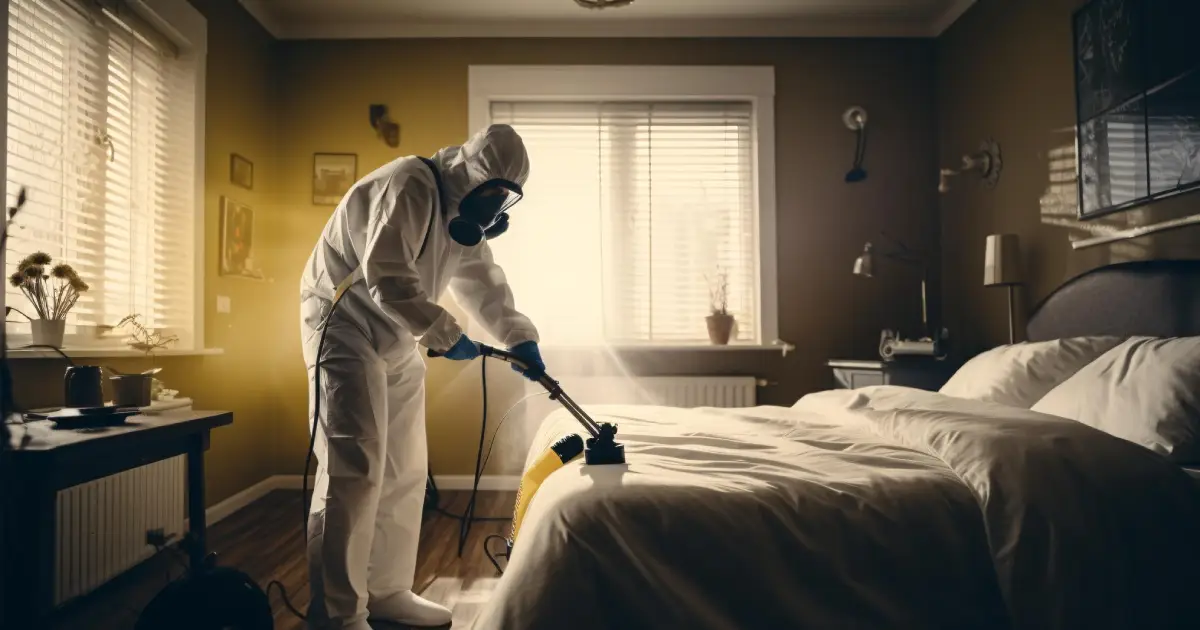
Your home is more than just a place to live; it's a sanctuary for you and your family. However, this sanctuary can be compromised by the silent and often unnoticed threat of pests. Regular pest control plays a vital role in maintaining the structural integrity of your home, ensuring it remains safe and sound for its inhabitants.
Pests like termites, carpenter ants, and rodents are not just annoyances; they pose serious risks to the structure of your home. Termites, often referred to as 'silent destroyers,' can chew through wood, flooring, and even wallpaper undetected. Over time, their relentless feeding can weaken the building's structure, leading to costly repairs and severe safety hazards. Regular pest control services act as a preventive measure, detecting and eliminating these threats before they cause irreparable damage. By engaging in routine inspections and treatments, pest control professionals help preserve the strength and stability of your home, thereby ensuring that your living space remains secure and durable.
Investing in professional extermination services is not merely about pest removal; it's about protecting your home from the ground up. These services provide comprehensive protection strategies that include sealing potential entry points, applying safe and effective treatments, and conducting follow-up inspections to ensure your home remains pest-free. Effective pest control is a key component of home maintenance, similar to insurance—it provides peace of mind, knowing that your home is protected against potential invasions and the extensive damage that can follow. By emphasizing "home safety and pest eradication," homeowners can enjoy a safer, more secure living environment.
Economic and Environmental Impact of Effective Pest Control

Protecting Property Values and Reducing Costs
Effective pest control is a critical aspect of property management that significantly influences economic stability for homeowners and real estate investors alike. Ensuring a pest-free environment does more than just make a home more comfortable; it also maintains and can increase the property's market value. Properties infested with pests such as termites, rodents, or other destructive creatures often experience a marked decrease in value due to the damage these pests cause. For instance, termite damage alone can undermine structural integrity to the extent that the repair costs can spiral into the thousands, potentially eroding profit margins on property sales or lowering a home's resale value.
Regular pest management helps avoid these costly repairs. By investing in routine pest inspections and maintenance, property owners can catch potential issues early, thereby mitigating the need for extensive and expensive repairs later. This proactive approach not only preserves the longevity and aesthetics of the property but also boosts its market value, making it a more attractive proposition for potential buyers or renters.
Enhancing Environmental Health Through Sustainable Practices
The environmental benefits of sustainable pest control practices are vast and vital. Traditional pest control methods often involve the use of chemicals that can be harmful to the environment. In contrast, integrated pest management (IPM) techniques offer a more responsible approach, emphasizing the minimal use of chemicals and focusing on long-term prevention through biological and mechanical control methods.
IPM practices such as the use of biological controls (like introducing natural predators of the pests), physical barriers to prevent pest entry, and environmentally sensitive chemicals can significantly reduce the ecological footprint of pest control activities. These practices not only help maintain the balance of the local ecosystems but also prevent the potential contamination of soil and water sources with hazardous chemicals.
Furthermore, sustainable pest control methods contribute to biodiversity preservation. By using chemicals sparingly and more judiciously, IPM practices help ensure that non-target species, which play crucial roles in ecosystems, are not inadvertently harmed. This approach aligns with global efforts to protect environmental health and promotes a safer habitat for all living organisms.
Importance of Professional Pest Control Services

Choosing professional pest control services is not just about dealing with nuisances; it's about ensuring the health, safety, and longevity of your property. With the diverse range of pests —from the relentless termites to the disease-carrying mosquitoes—the importance of expert intervention cannot be overstated.
Expertise and Advanced Methods
One significant advantage of hiring professional services is the expertise brought to each situation. Trained technicians understand the unique behaviours of different pests and use this knowledge to implement the most effective control strategies. Professionals are equipped with the latest tools and technologies in pest management, ensuring that the approach is not only effective but also innovative. Professional services also utilize eco-friendly treatments that are tough on pests but gentle on your home and the environment.
Safety and Efficiency
When it comes to pest control, safety is paramount. Professional pest control services prioritize the health and safety of your family and pets. They are trained in the safe handling and application of pest control substances, significantly reducing the risk of exposure to harmful chemicals. By adhering to stringent safety standards and regulatory guidelines, they ensure that all pest control activities are conducted responsibly.
Efficiency in pest control is not just about quick fixes but achieving long-lasting results. Professionals are skilled in not only addressing the immediate pest issues but also in identifying and mitigating risk factors that could lead to future infestations. This proactive approach helps in maintaining a pest-free environment over the long term.
Conclusion

Pest control is crucial not only for comfort but for maintaining the health, safety, and integrity of our living spaces. The presence of pests can lead to significant structural damage and pose various health risks, highlighting the need for proactive pest management. Effective pest control acts as a protective barrier, preserving the value of properties and enhancing the quality of life by keeping living environments safe and comfortable. By controlling potential invaders, we also make our living spaces safer and more sustainable, contributing to the overall health of our environment.
To ensure comprehensive protection against pests, consider engaging professional services that offer expertise in advanced pest management techniques that are both thorough and environmentally conscious. Professional pest control not only addresses current issues but also implements preventive measures to safeguard your home and health in the future. Investing in professional pest control services is an investment in your home’s future, guaranteeing that it remains a safe, healthy, and comfortable environment. Don't wait for pest problems to become visible; take proactive steps today by scheduling a consultation with Ozclean to protect what matters most—your home and health.

Professional Cleaning Services in Brisbane
book now
Recent Posts
-
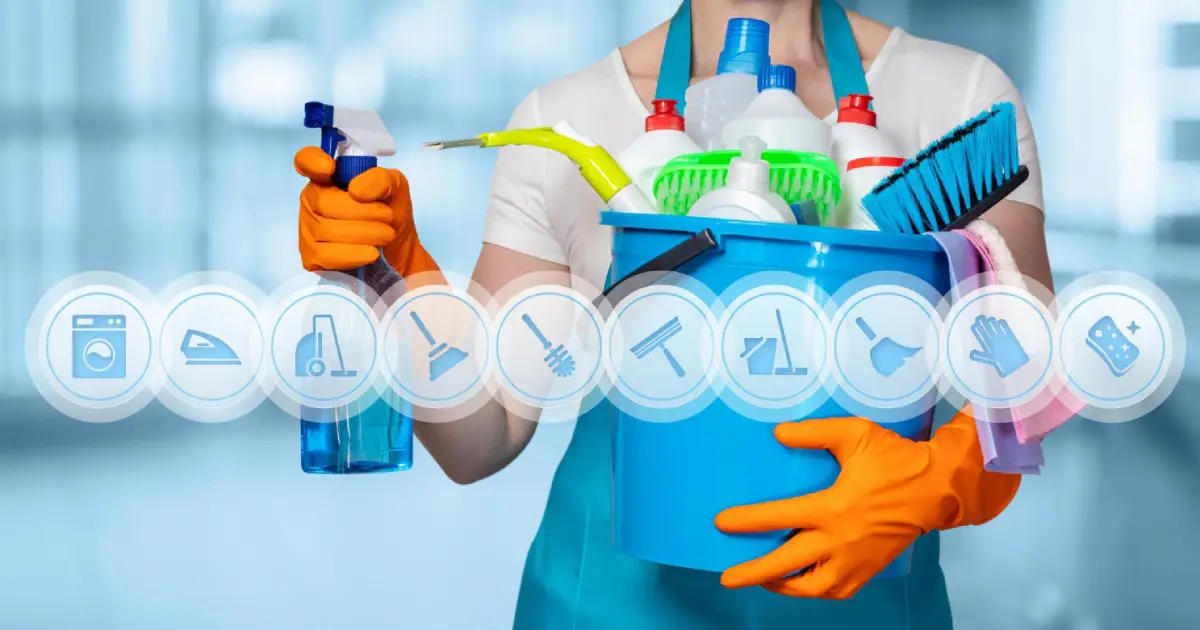
Top 10 Bond Cleaning Tips to Ensure You Get Your Full Deposit Back
January 18, 2024
Admin
-
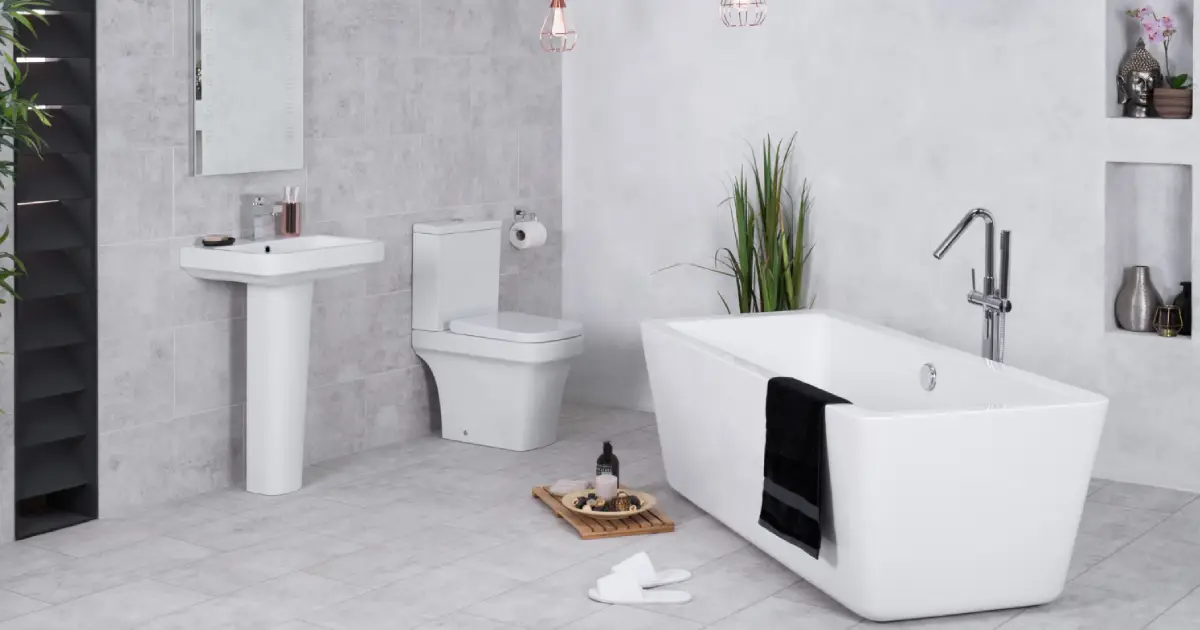
The Ultimate Guide to Getting Rid of Bathroom Odors
December 30, 2023
Admin
-
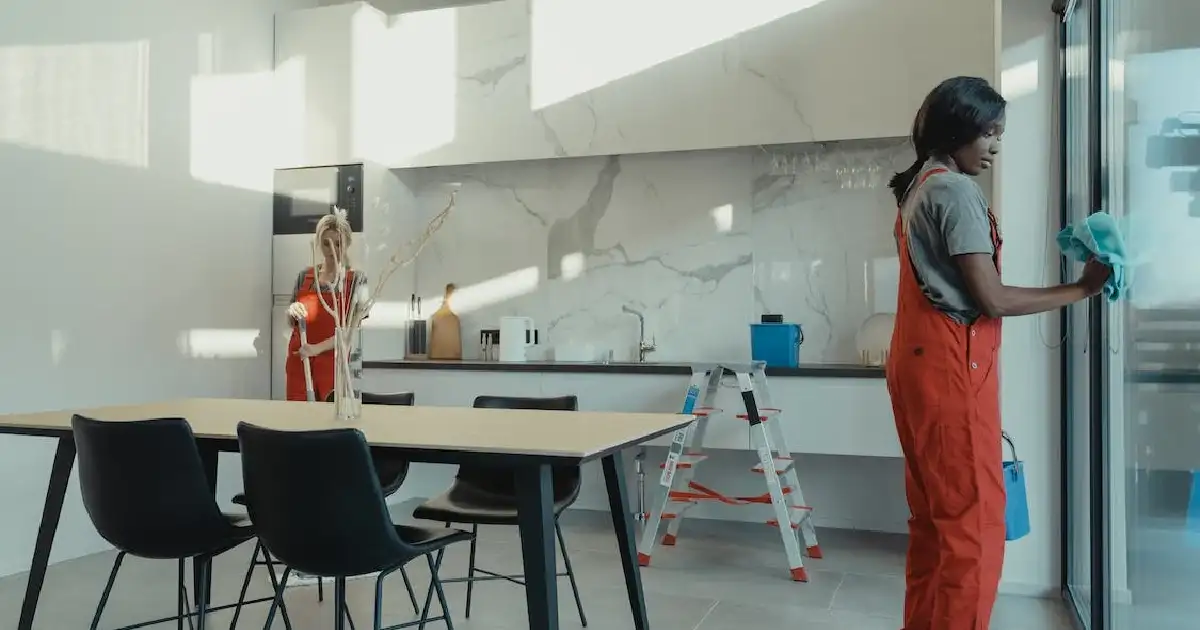
Renter's Guide to End-of-Lease Cleaning: Scrubbing Away Stress!
December 28, 2023
Admin
-
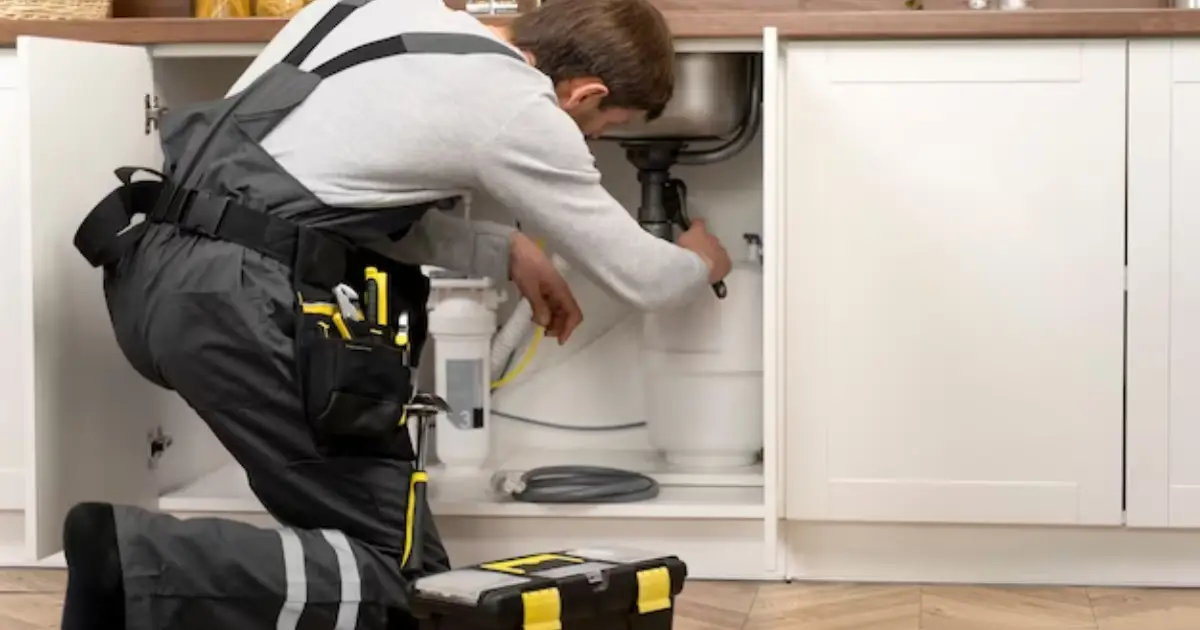
How to Eliminate Drain Flies
December 04, 2023
Admin
-

A Comprehensive Guide to Polishing Tiles
December 04, 2023
Admin
-
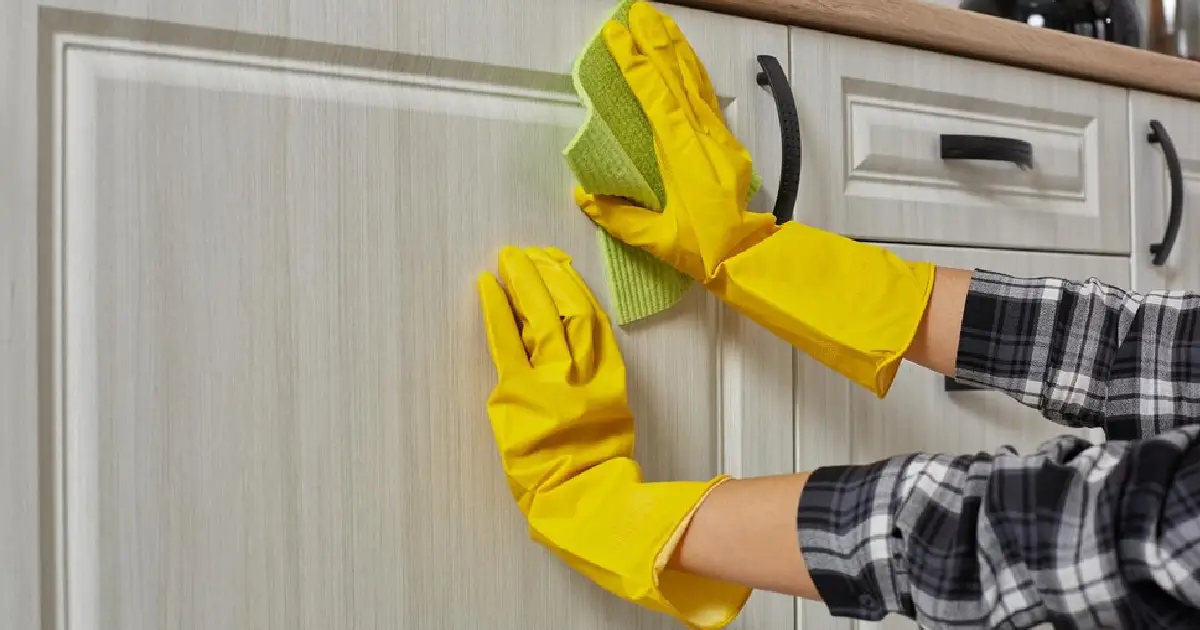
Why Do Your Cabinets Need More Attention Than You Think?
November 16, 2023
Admin
-
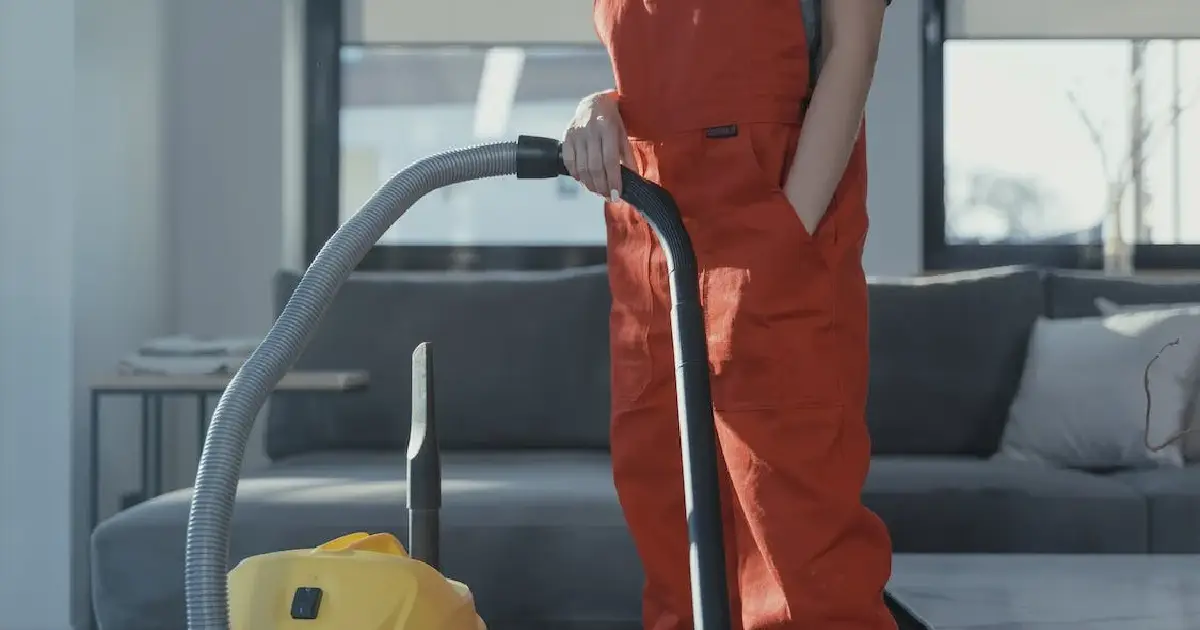
Are Upholstery Cleaners Worth It?
October 30, 2023
Admin
-
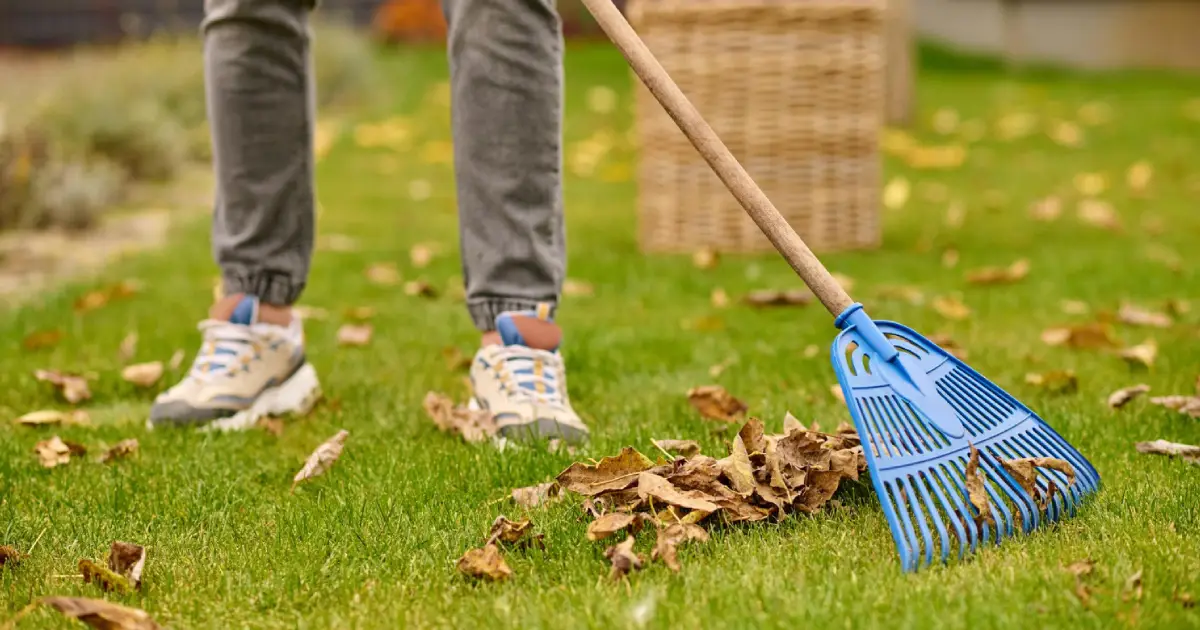
The Ultimate Winter Cleaning Checklist For Your Home
August 03, 2023
Admin
-
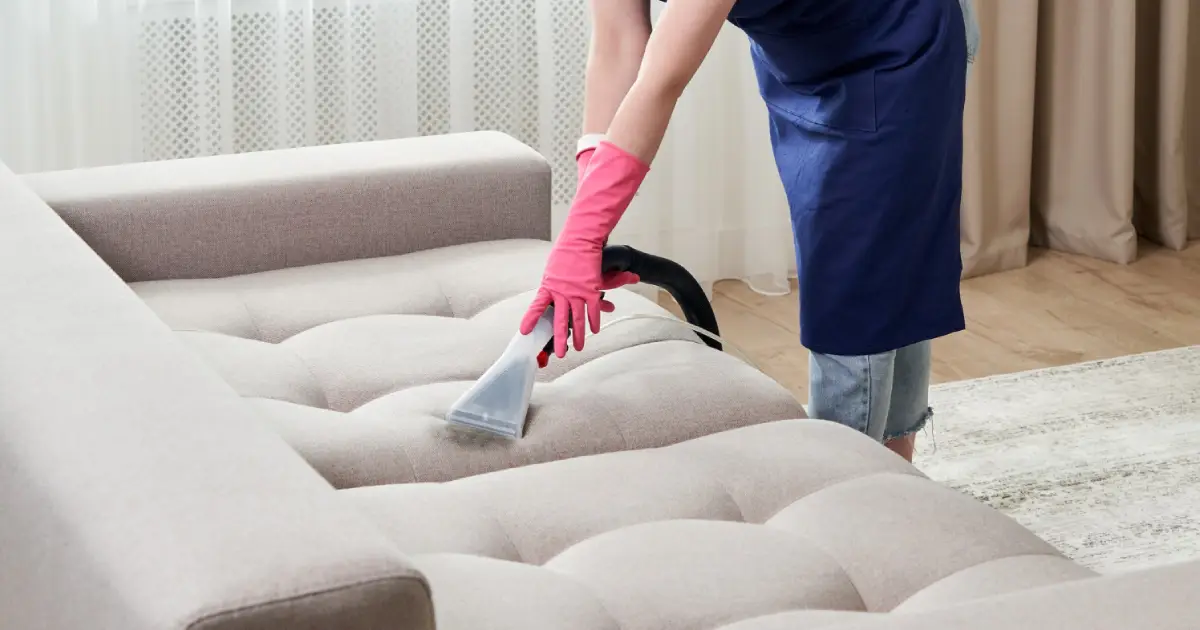
Winter Care: Effective Upholstery Cleaning
July 31, 2023
Admin
-

Ten Tips For Carrying Out Your Own Car Maintenance
March 24, 2023
Admin
-
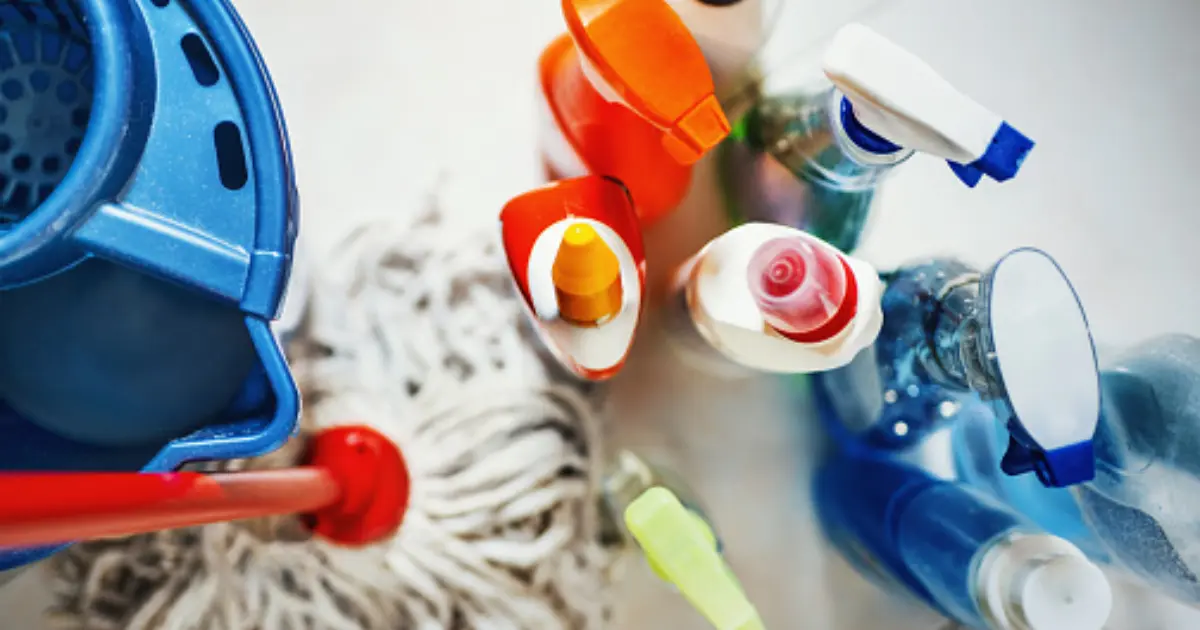
7 Tips for Cleaning Hard-to-Reach Areas in Your Home
March 02, 2023
Admin
-
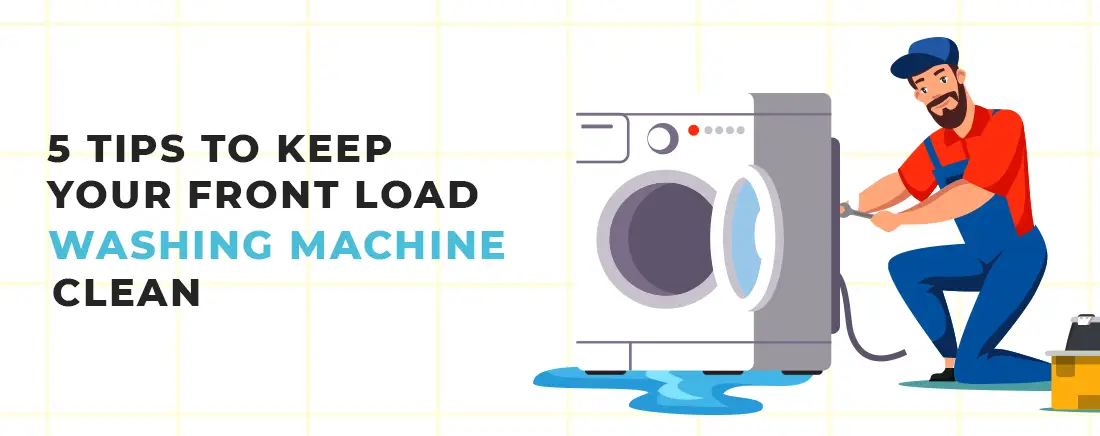
5 Tips To Keep Your Front Load Washing Machine Clean
May 31, 2022
Admin
-
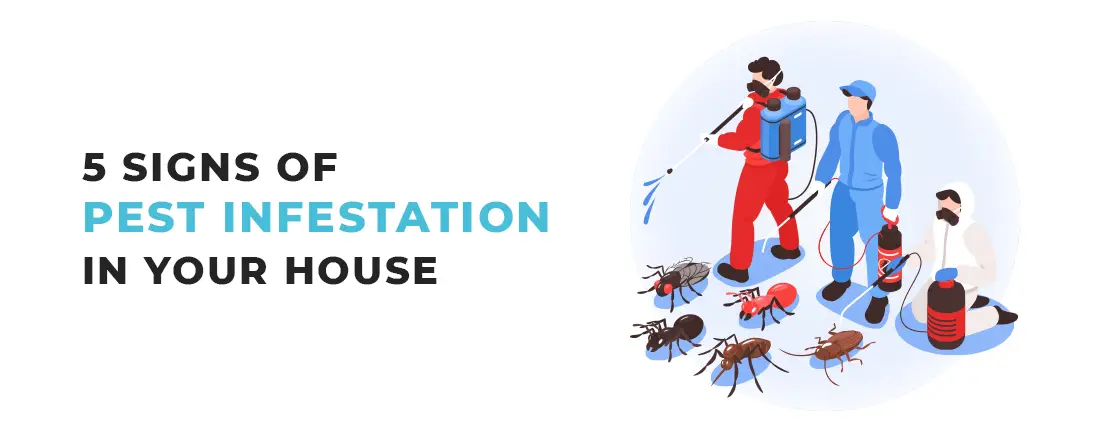
5 Signs Of Pest Infestation In Your House
May 27, 2022
Admin






